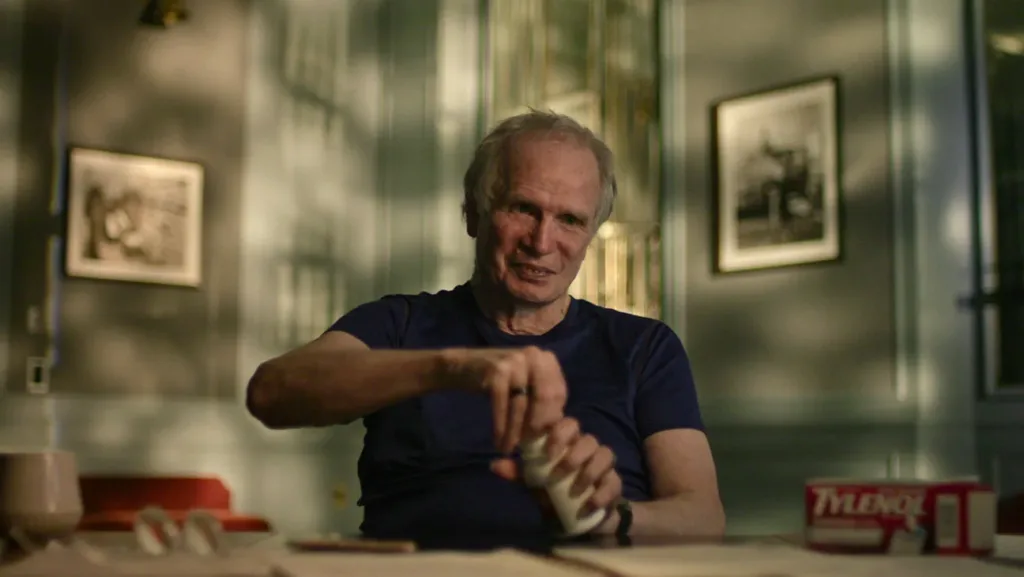“Cold Case: The Tylenol Murders,” a three-part docuseries, revisits a chilling chapter in American history: the 1982 Chicago area poisonings. Seven people met an untimely end after taking Extra Strength Tylenol capsules filled with cyanide. The series opens by immediately plunging the viewer into the widespread panic that seized the nation.
We see how Johnson & Johnson, the maker of Tylenol, responded quickly, pulling its product from shelves everywhere. This program sets out to investigate the unsolved crimes, the complex investigation that followed, and the lasting societal changes born from this tragedy. It’s a stark reminder of a moment when a trusted remedy became a source of terror.
The Dawn of a Modern Fear
The series excels in detailing the frightening randomness of the 1982 incidents. Ordinary individuals, a young girl among them, simply sought relief from common ailments and instead faced death. You get a palpable sense of the bewilderment that first struck medical examiners and police.
They struggled to find a thread connecting these disparate deaths before the awful realization: cyanide was the agent, and Tylenol was the vector. Johnson & Johnson’s public response, a nationwide recall of Extra Strength Tylenol and prominent public warnings, is presented as a massive undertaking, especially for such a flagship product.
What the series so effectively reconstructs is the era’s vulnerability; the early 1980s lacked the tamper-evident packaging we now see as standard. The ease with which someone could alter products on store shelves is a jarring revelation, painting a vivid picture of the intense public fear and media storm that erupted. This was the beginning of a new kind of anxiety for consumers.
Shadows in an Open Case
The docuseries’ depiction of the criminal investigation forms its core. We are introduced to James William Lewis, whom the FBI considered a primary suspect, partly due to a threatening letter sent to Johnson & Johnson.
Yet, the program makes clear that authorities never gathered enough evidence to prove he committed the poisonings. His contemporary interviews, where he calmly asserts his innocence, add a disquieting dimension. The presentation of law enforcement’s work invites scrutiny.
There are suggestions of a kind of tunnel vision, particularly the FBI’s persistent focus on Lewis. Perspectives from victims’ relatives are included; they voice doubts about this narrow focus and suggest other avenues might have been neglected. The program also looks into Johnson & Johnson’s actions following the recall, raising points about the company’s conduct during the investigation, including the oddity of allowing them to check their own product batches.
The fact that these murders remain without a definitive answer is the unsettling thread that runs through the entire narrative. Information is built through a careful assembly of archival material and new interviews with original investigators, journalists, and the families still seeking peace.
Echoes of 1982: How a Crisis Reshaped Safety
One of the most significant takeaways from “Cold Case: The Tylenol Murders” is its account of the profound changes in pharmaceutical packaging. I recall as a kid being mildly annoyed by those safety seals, never quite grasping their serious purpose until much later.
This series illuminates how the Tylenol crisis directly led to the tamper-resistant seals we unthinkingly break on almost every over-the-counter medication today. The human cost is not forgotten; the series allows space for the lasting grief of the victims’ families and friends, some of whom are still searching for resolution.
Production-wise, the series competently blends archival news reports and police documents with present-day interviews. Recreations of the old Tylenol packaging are effective in grounding the viewer in the period. It attempts a balanced presentation, laying out various perspectives and allowing the audience to ponder the evidence.
A curious choice, however, is the musical score, which at times feels somewhat too energetic, creating an odd dissonance with the grim nature of the events being recounted.
Cold Case: The Tylenol Murders is a three-part docuseries that revisits the 1982 cyanide-laced Tylenol poisonings in the Chicago area, which resulted in seven deaths and led to significant changes in over-the-counter medication packaging.
Full Credits
Directors: Yotam Guendelman, Ari Pines
Producers: Joe Berlinger
Executive Producers: Joe Berlinger, Jon Kamen, Jen Isaacson, Craig D’Entrone, Yotam Guendelman, Ari Pines, Mika Timor, Maor Azran, Dan Adler
Cast: James W. Lewis (final interview), victims’ families, investigators, journalists
Director of Photography (Cinematographer): Jeff Hutchens
The Review
Cold Case: The Tylenol Murders
Cold Case: The Tylenol Murders offers a solid, informative look at a pivotal and terrifying moment in consumer history. It successfully reconstructs the events and examines the lasting changes, though the unsettling score sometimes distracts. A worthwhile watch for those interested in true crime and its societal ripples.
PROS
- Thoroughly informative on the case and its significant effects.
- Effectively conveys the atmosphere of fear and the high stakes involved.
- Clearly highlights the vital changes made to product safety standards.
- Integrates archival material skillfully with new interviews.
CONS
- The musical score can occasionally detract from the serious subject matter.
- The absence of a definite resolution, a characteristic of cold cases, may leave some viewers wanting more.
- Its approach to telling the investigative story, while specific, adheres to many familiar true crime documentary conventions.
